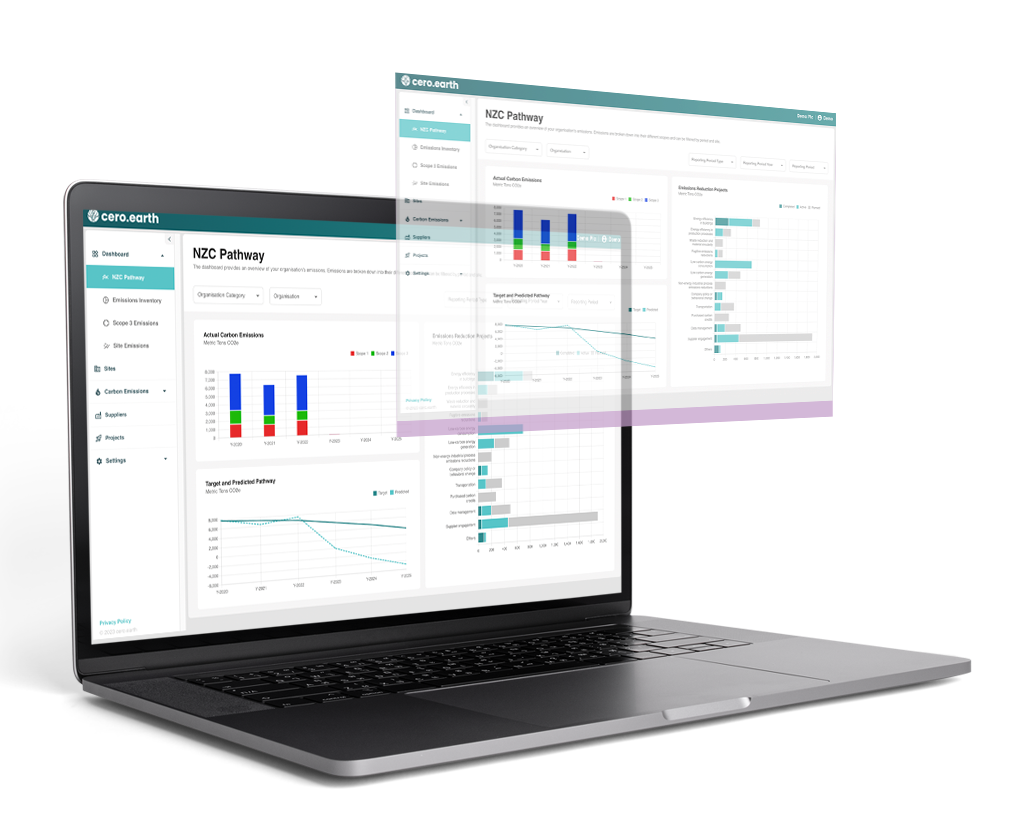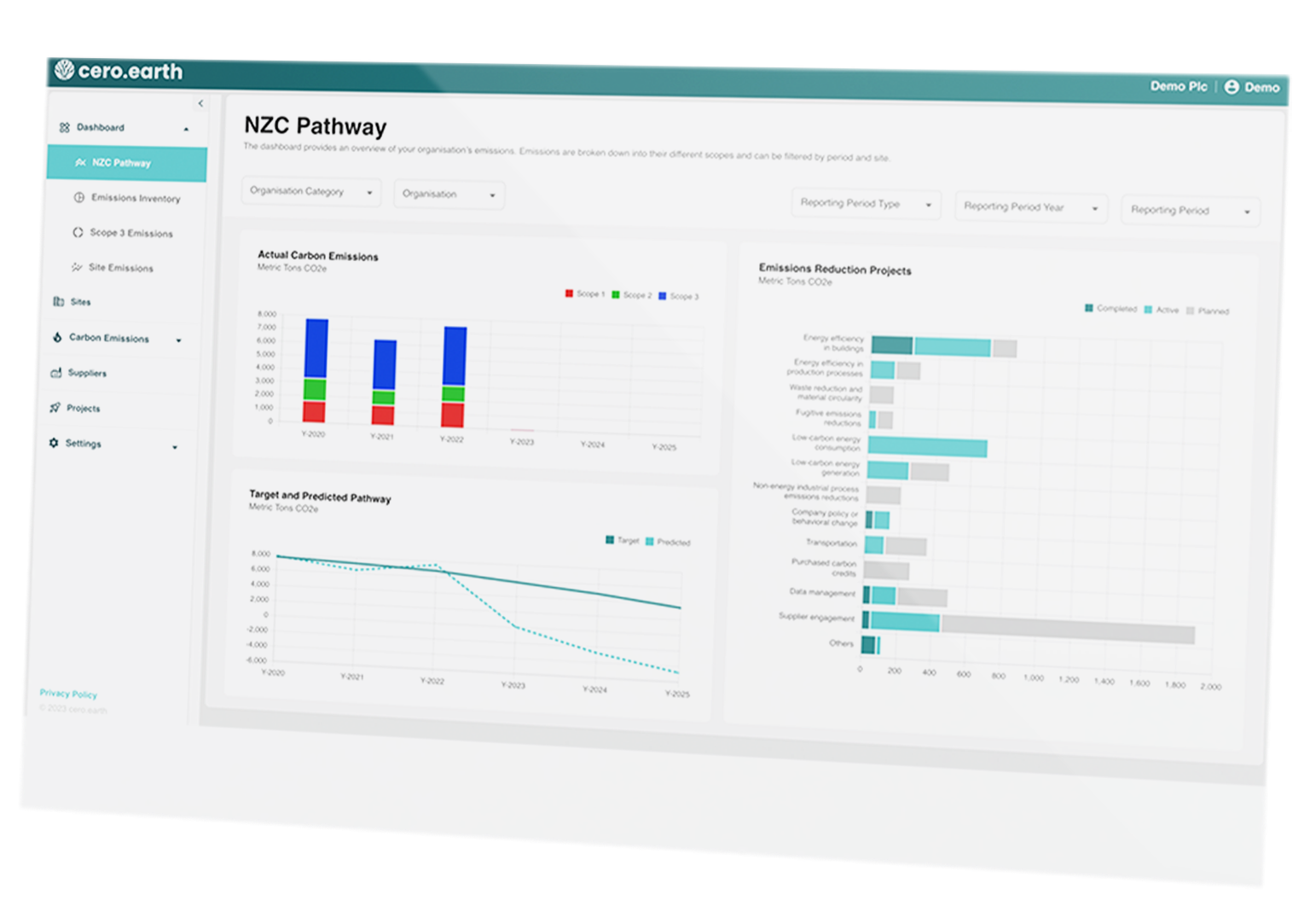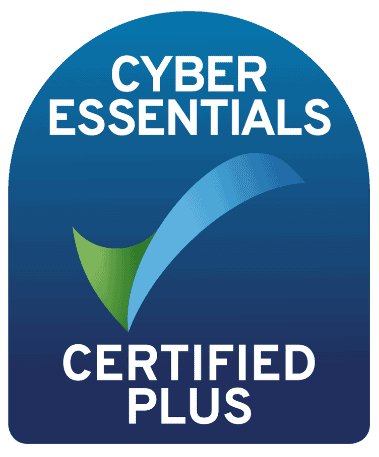by Doug Mccauley
•
10 March 2025
On March 5th, 2025, Sustainability and FM Leaders captured the attention of Business Directors. By signing their Energy Savings Opportunity Scheme (ESOS) Action Plans, they collectively endorsed a strong business case with tangible opportunities to reduce energy consumption and costs, all in preparation for the reporting period ending on December 5th, 2027. Few businesses would dispute the benefits of focusing on energy efficiency. It not only reduces operational costs and enhances profitability but also contributes to decarbonisation efforts - an increasingly important factor for sustainability-conscious employees, customers, and shareholders. Time to Unlock Savings From Your List of ESOS Measures As part of Phase 3, approximately 11,900 UK businesses submitted their ESOS reports in August 2024. These were followed by the required Action Plans on March 5th, 2025. Moving forward, businesses must submit annual progress reports in the final Phase 4 assessment on the December 5th, 2027. The latest government guidance indicates that, instead of using the ESOS portal, companies subject to SECR may "report progress annually via the energy efficiency narrative section in SECR reports." (This flexibility depends on parliamentary time and scrutiny). Regardless of the method, demonstrating effective management of the Action Plan’s implementation is both a regulatory requirement and a best practice." A Business Case Approach to Prioritise Interventions edenseven's extensive experience in supporting customers with ESOS compliance has been overwhelmingly positive. Businesses were given the opportunity to tailor their energy-saving actions to align with their unique needs and strategies. Notably, ESOS guidance doesn't mandate a minimum number of Measures in the Action Plan. However, there is a hint of a reputational impact from September 2025, when the Environment Agency will publish action plans, including of companies that have not committed to any Measure. A well-structured action plan can significantly enhance a company's credibility. Businesses have the flexibility to choose energy-saving initiatives that align with their specific needs, considering factors such as budget, lifecycle assessments, estate strategy, and fleet procurement cycles. By thoughtfully balancing these considerations with broader sustainability goals, companies can achieve meaningful progress while maintaining financial and operational stability. Expertise and Tools to Make it Happen in Phase 4 With Phase 4 of ESOS now fully underway, meticulous planning and well-supported investment decisions are essential. Companies must build robust business cases that integrate technical, regulatory, and financial considerations. In response to this need, edenseven has advanced its cero.earth carbon accounting & management platform by introducing a dynamic Project Forecasting and Management module. Project Forecasting and Management Module cero.earth ’s project tools serve as a comprehensive database of all potential projects, enabling real-time impact analysis, including: Cost and savings projections CO2 emissions reductions Energy Use Intensity improvements These tools enable businesses to forecast the financial costs and benefits of their approved measures within an agreed timeframe. For example, a CFO can review scenario options that highlight the financial and environmental advantages of initiatives such as HVAC retrofitting, solar PV installation, or even building decommissioning. Monitoring Energy Performance for ESOS Requirement Together with SECR Reporting cero.earth is already configured to automatically generate Streamlined Energy and Carbon Reporting (SECR) reports. While the Environment Agency has outlined the content expectations for the December 2025 progress update, formatting requirements remain unspecified. edenseven remains agile in supporting customers with both insights and tools to streamline their reporting. Prepare for the Future with edenseven The transition to a more sustainable business model requires proactive planning and strategic execution. Get in touch today to learn how edenseven can support your journey towards compliance and sustainability excellence.








